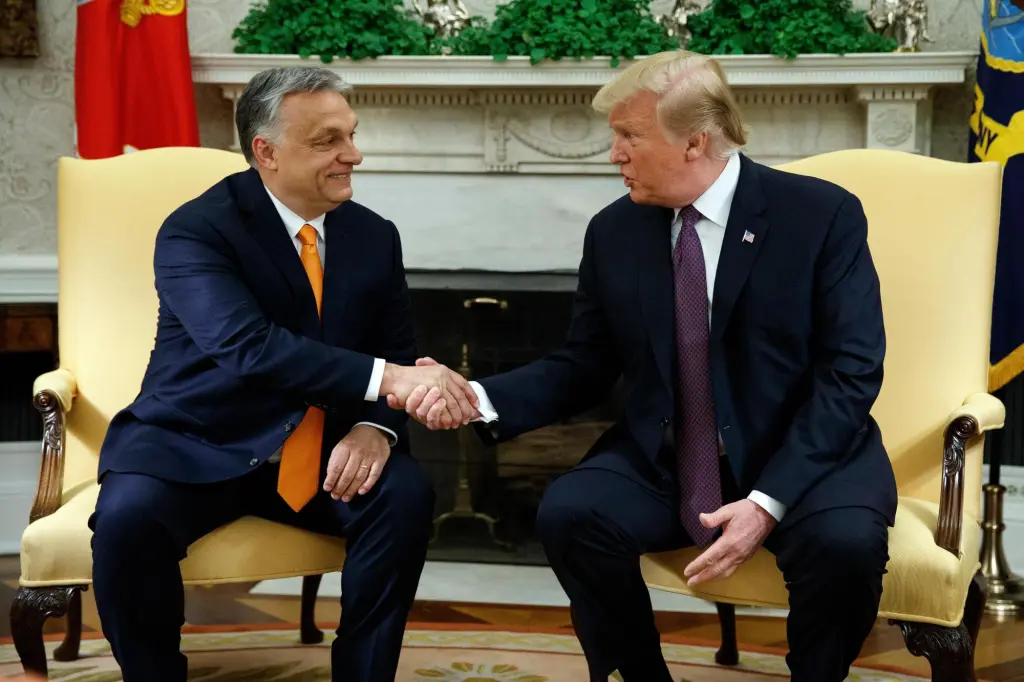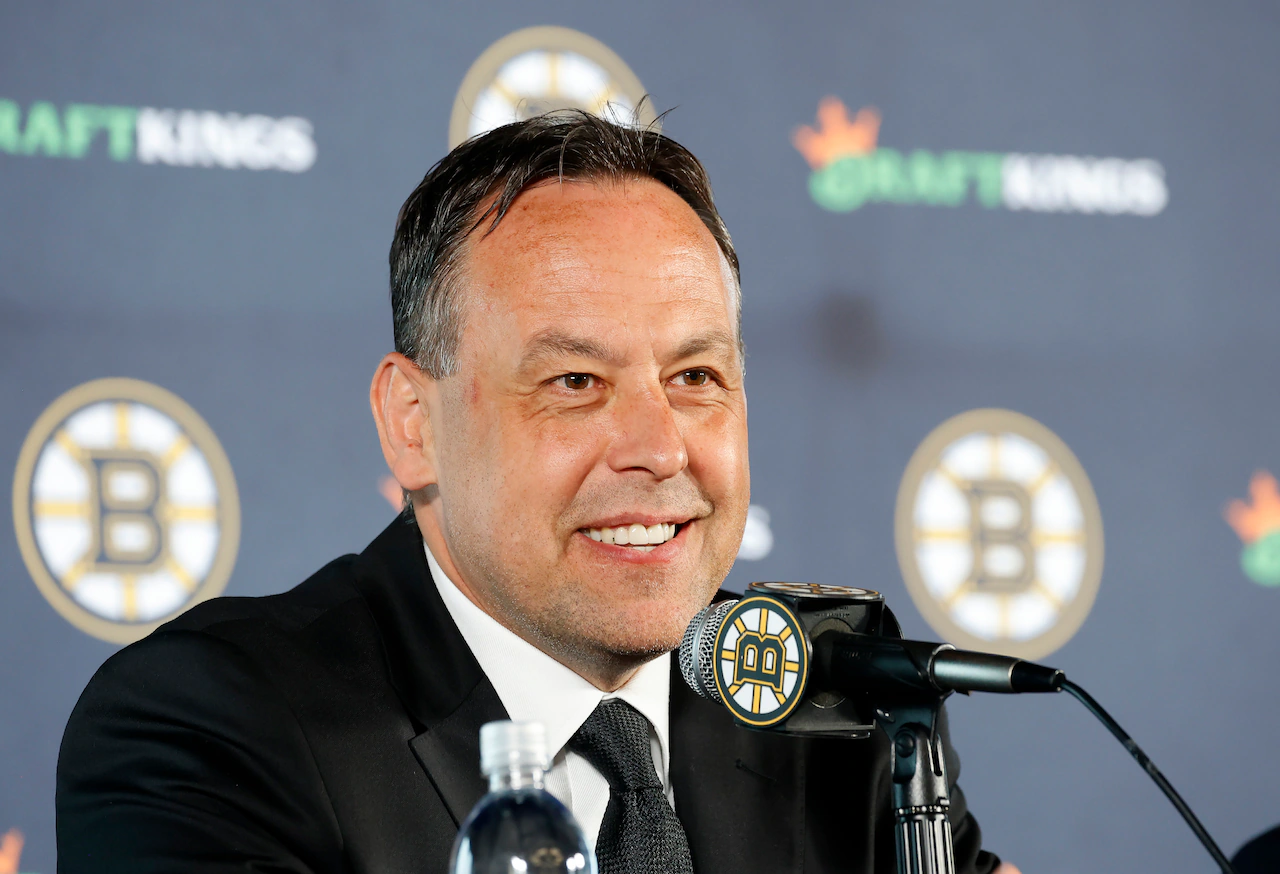
To place an obituary, please include the information from the obituary checklist below in an email to obits@pioneerpress.com. There is no option to place them through our website. Feel free to contact our obituary desk at 651-228-5263 with any questions.
General Information:
Your full name,
Address (City, State, Zip Code),
Phone number,
And an alternate phone number (if any)
Obituary Specification:
Name of Deceased,
Obituary Text,
A photo in a JPEG or PDF file is preferable, TIF and other files are accepted, we will contact you if there are any issues with the photo.
Ad Run dates
There is a discount for running more than one day, but this must be scheduled on the first run date to apply.
If a photo is used, it must be used for both days for the discount to apply, contact us for more information.
Policies:
Verification of Death:
In order to publish obituaries a name and phone number of funeral home/cremation society is required. We must contact the funeral home/cremation society handling the arrangements during their business hours to verify the death. If the body of the deceased has been donated to the University of Minnesota Anatomy Bequest Program, or a similar program, their phone number is required for verification.
Please allow enough time to contact them especially during their limited weekend hours.
A death certificate is also acceptable for this purpose but only one of these two options are necessary.
Guestbook and Outside Websites:
We are not allowed to reference other media sources with a guestbook or an obituary placed elsewhere when placing an obituary in print and online. We may place a website for a funeral home or a family email for contact instead; contact us with any questions regarding this matter.
Obituary Process:
Once your submission is completed, we will fax or email a proof for review prior to publication in the newspaper. This proof includes price and days the notice is scheduled to appear.
Please review the proof carefully. We must be notified of errors or changes before the notice appears in the Pioneer Press based on each day’s deadlines.
After publication, we will not be responsible for errors that may occur after final proofing.
Online:
Changes to an online obituary can be handled through the obituary desk. Call us with further questions.
Payment Procedure:
Pre-payment is required for all obituary notices prior to publication by the deadline specified below in our deadline schedule. Please call 651-228-5263 with your payment information after you have received the proof and approved its contents.
Credit Card: Payment accepted by phone only due to PCI (Payment Card Industry) regulations
EFT: Check by phone. Please provide your routing number and account number.
Cash: Accepted at our FRONT COUNTER Monday – Friday from 8:00AM – 3:30PM
Rates:
The minimum charge is $162 for the first 10 lines.
Every line after the first 10 is $12.20.
If the ad is under 10 lines it will be charged the minimum rate of $162.
On a second run date, the lines are $8.20 per line, starting w/ the first line.
For example: if first run date was 20 lines the cost would be $164.
Each photo published is $125 per day.
For example: 2 photos in the paper on 2 days would be 4 photo charges at $500.
Deadlines:
Please follow deadline times to ensure your obituary is published on the day requested.
Hours
Deadline (no exceptions)
Ad
Photos
MEMORIAM (NON-OBITUARY) REQUEST
Unlike an obituary, Memoriam submissions are remembrances of a loved one who has passed. The rates for a memoriam differ from obituaries.
Please call or email us for more memoriam information
Please call 651-228-5280 for more information.
HOURS: Monday – Friday 8:00AM – 5:00PM (CLOSED WEEKENDS and HOLIDAYS)
Please submit your memoriam ad to memoriams@pioneerpress.com or call 651-228-5280.
By JUSTIN SPIKE and NICHOLAS RICCARDI, Associated Press
BUDAPEST, Hungary (AP) — Since taking office in January, President Donald Trump has waged an aggressive campaign against the media unlike any in modern U.S. history, making moves similar to those of authoritarian leaders that he has often praised.
On Wednesday, Trump cheered ABC’s suspension of Jimmy Kimmel’s late-night show after the comedian made remarks about the assassination of conservative activist Charlie Kirk that criticized the president’s MAGA movement: “Congratulations to ABC for finally having the courage to do what had to be done,” Trump wrote on his Truth Social platform.
It was the latest in a string of attacks against news outlets and media figures he believes are overly critical of him. Trump has filed lawsuits against outlets whose coverage he dislikes, threatened to revoke TV broadcast licenses and sought to bend news organizations and social media companies to his will.
The tactics are similar to those used by leaders in other countries who have chipped away at speech freedoms and independent media while consolidating political power, including Hungarian Prime Minister Viktor Orbán, a close Trump ally whose leadership style is revered by many conservatives in the U.S.
“What we’re seeing is an unprecedented attempt to silence disfavored speech by the government,” said Brendan Nyhan, a political scientist at Dartmouth College. “Donald Trump is trying to dictate what Americans can say.”
Is Trump taking cues from Orbán?
Trump’s approach to governing has drawn comparisons to Orbán, who has been in power since 2010. The Hungarian leader has made hostility toward the press central to his political brand, borrowing Trump’s phrase “fake news” to describe critical outlets. He has not given an interview to an independent journalist in years.
Media watchdog Reporters Without Borders says Orbán has built “a true media empire subject to his party’s orders” through allies’ acquisitions of newspapers and broadcasters. The group says that strategy has given Orbán’s Fidesz party control of about 80% of Hungary’s media market. In 2018, Orbán’s allies donated nearly 500 news outlets they had acquired to a government-controlled conglomerate, a group that included all of Hungary’s local daily newspapers.
Opposition parties complain that they get just five minutes of airtime on public TV during elections, the legal minimum, while state broadcasters reliably amplify government talking points and smear Orbán’s political opponents. Hungary’s media authority, staffed entirely by Orbán’s party nominees, has threatened nonrenewal of broadcast frequencies to keep outlets in line and forced the liberal-leaning station Klubrádió off the air.
“Here, they bought outlets and replaced editorial staff wholesale,” said Hungarian media analyst Gábor Polyák.
The moves against independent media, along with Orbán’s systematic capture of Hungary’s democratic institutions, prompted the European Parliament in 2022 to declare that the country could no longer be considered a democracy.
Polyák said that while the American media landscape is far larger and more diverse than Hungary’s, he’s been struck by the willingness of major U.S. companies to accommodate Trump’s threats.
“There is a very strange kind of self-censorship in America,” he said. “Even with European eyes, it is very frightening to see to what degree individual bravery does not exist. From Zuckerberg to ABC, everyone immediately surrenders.”
Kimmel suspension is part of a pattern by Trump
Kimmel became the second late-night comic with a history of pillorying Trump to lose their show this year. CBS canceled Stephen Colbert’s show just days after he had criticized the network’s settlement of a lawsuit filed by Trump over its editing of a “60 Minutes” interview with former Vice President Kamala Harris, Trump’s opponent last fall.
CBS said the July move was made for financial reasons, but Trump celebrated it nevertheless while appearing to foreshadow this week’s developments: “I absolutely love that Colbert got fired. His talent was even less than his ratings,” he wrote on his social media platform at the time. “I hear Jimmy Kimmel is next.”
ABC’s suspension of Kimmel on Wednesday came after Federal Communications Commission Chairman Brendan Carr made a pointed warning about the comedian on a conservative podcast earlier in the day: “We can do this the easy way or the hard way,” he said.
Carr also launched an investigation into CBS and opened probes into public broadcasting networks after Trump persuaded Congress to defund them.
The Kimmel suspension has highlighted the president’s broader efforts to pressure journalists, media companies, and now comedians and commentators, to align with his views. On Thursday, as he returned from Great Britain, Trump said regulators should consider revoking the licenses of networks that provide what he considers “only bad publicity.”
Trump also has targeted social media giants, claiming Meta dropped its fact-checking program partly because of his threats, which included jailing founder Mark Zuckerberg.
Even powerful media owners have appeared to bend under pressure. Washington Post owner Jeff Bezos, whose companies have significant government contracts, killed an editorial endorsement of Democratic nominee Kamala Harris before the 2024 election and, like Meta, donated $1 million to Trump’s inauguration. Disney-owned ABC News agreed to a $15 million settlement to resolve a Trump lawsuit.
Media crackdowns in other countries
Hungary is not the only country where similar patterns to erode an independent media landscape have been playing out. In neighboring Serbia, populist President Aleksandar Vucic has faced accusations of curtailing media freedoms since coming to power over a decade ago.
Critics have cited a combination of political pressure, public smear campaigns and financial pressure on the media as the means Vucic’s government has used to establish control over mainstream outlets and the public RTS broadcaster.
Journalist safety in Serbia has worsened since the start of student-led protests some 10 months ago that have challenged Vucic’s firm rule. The Media Freedom Rapid Response group — which monitors press freedom in Europe — said in a recent report they were “gravely concerned” that Serbian journalists “have been reporting under immense political pressure, faced with physical violence, censorship, smear campaigns, abusive lawsuits, and daily death threats.”
In Russia, President Vladimir Putin consolidated control over national television early in his rule and later expanded restrictions on civil society, independent journalism and online platforms. Authorities later used a flurry of laws to restrict freedom of speech.
The restrictive label “foreign agent” has been slapped on the few remaining independent media outlets and scores of journalists, and the government has steadily tightened controls on the internet. Putin’s crackdown has only intensified after Russia’s 2022 invasion of Ukraine, when new laws criminalized criticism of the war and forced many journalists into exile.
The rise in India of Prime Minister Narendra Modi has coincided with mounting pressure on comedians and satirists. Police have arrested performers for jokes deemed offensive to Hindu deities or critical of Modi’s party. Comedians such as Kunal Kamra and Vir Das have faced lawsuits, show cancellations and harassment from nationalist groups for skewering the government.
Leaders also have cracked down on the media in multiple Latin American countries. Nicaragua withdrew from the United Nations’ main cultural agency earlier this year to protest a press freedom award it gave to the country’s main opposition newspaper. That publication, La Prensa, has been largely produced by writers in exile since the government raided its Managua offices in 2021.
Riccardi reported from Denver. Associated Press writer Jovana Gec in Belgrade, Serbia, contributed to this report.
Originally Published: September 19, 2025 at 11:47 AM CDT



